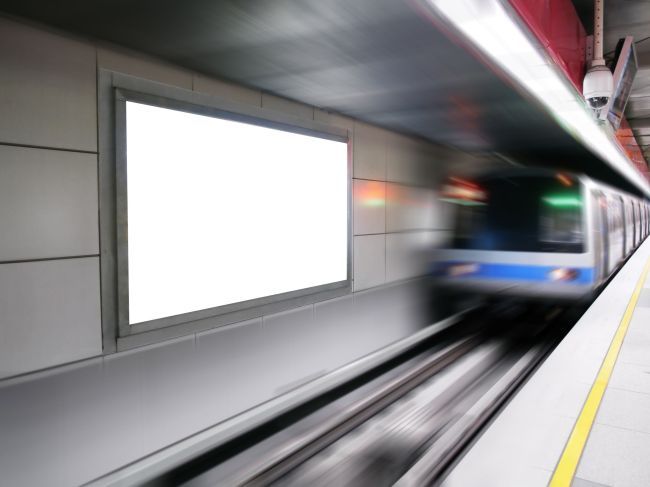Protracted strike by railroad workers continues to cause public inconvenience
By 임정요Published : Oct. 23, 2016 - 11:32
A protracted labor strike by unionized railroad workers will continue to cause public inconvenience for many passengers and cargo transportation due to lower-than-normal operation levels, observers said Sunday.
According to the Korea Railroad Corp., which operates the country's passenger and cargo trains and some subway lines in Seoul, the overall operation rate of its trains is expected to stay at 92.3 percent Sunday.
The rates for Saemauel and Mugunghwa passenger trains will remain far lower at 50-60 percent, while those for cargo trains will likely stay at around 93 percent, much higher than the previous day's 56.9 percent. The figures were based on trains assigned for service Sunday.
As of Sunday, 7,326 unionized railroad and subway workers (39.9 percent) were taking part in the strike that started 27 days earlier.
According to the Korea Railroad Corp., which operates the country's passenger and cargo trains and some subway lines in Seoul, the overall operation rate of its trains is expected to stay at 92.3 percent Sunday.
The rates for Saemauel and Mugunghwa passenger trains will remain far lower at 50-60 percent, while those for cargo trains will likely stay at around 93 percent, much higher than the previous day's 56.9 percent. The figures were based on trains assigned for service Sunday.
As of Sunday, 7,326 unionized railroad and subway workers (39.9 percent) were taking part in the strike that started 27 days earlier.

So far, 20 labor union executives have been referred to the prosecution for investigation with regard to the labor disputes, while 281 workers have been relieved from their positions.
Unionized workers of South Korea's railway and subway services went on a joint strike in late September. The move marks the first time in 22 years that railroad workers went on strike. The workers are staging the strike to protest the government's push to implement a performance-based pay system.
The merit pay system is part of President Park Geun-hye administration's efforts to boost labor flexibility to create more jobs, especially for the young generation. The labor sector is against the scheme, worrying that it could be used to allow companies to fire employees more easily and disrupt the working environment.
This week, KORAIL is expected to keep the operation rates for its KTX bullet train, subway lines, passenger and cargo trains at 100 percent, 85 percent, 60 percent and 30 percent, respectively, almost the same levels seen a week earlier. (Yonhap)
Unionized workers of South Korea's railway and subway services went on a joint strike in late September. The move marks the first time in 22 years that railroad workers went on strike. The workers are staging the strike to protest the government's push to implement a performance-based pay system.
The merit pay system is part of President Park Geun-hye administration's efforts to boost labor flexibility to create more jobs, especially for the young generation. The labor sector is against the scheme, worrying that it could be used to allow companies to fire employees more easily and disrupt the working environment.
This week, KORAIL is expected to keep the operation rates for its KTX bullet train, subway lines, passenger and cargo trains at 100 percent, 85 percent, 60 percent and 30 percent, respectively, almost the same levels seen a week earlier. (Yonhap)


![[Exclusive] Korean military set to ban iPhones over 'security' concerns](http://res.heraldm.com/phpwas/restmb_idxmake.php?idx=644&simg=/content/image/2024/04/23/20240423050599_0.jpg&u=20240423183955)

![[Graphic News] 77% of young Koreans still financially dependent](http://res.heraldm.com/phpwas/restmb_idxmake.php?idx=644&simg=/content/image/2024/04/22/20240422050762_0.gif&u=)



![[Pressure points] Leggings in public: Fashion statement or social faux pas?](http://res.heraldm.com/phpwas/restmb_idxmake.php?idx=644&simg=/content/image/2024/04/23/20240423050669_0.jpg&u=)









